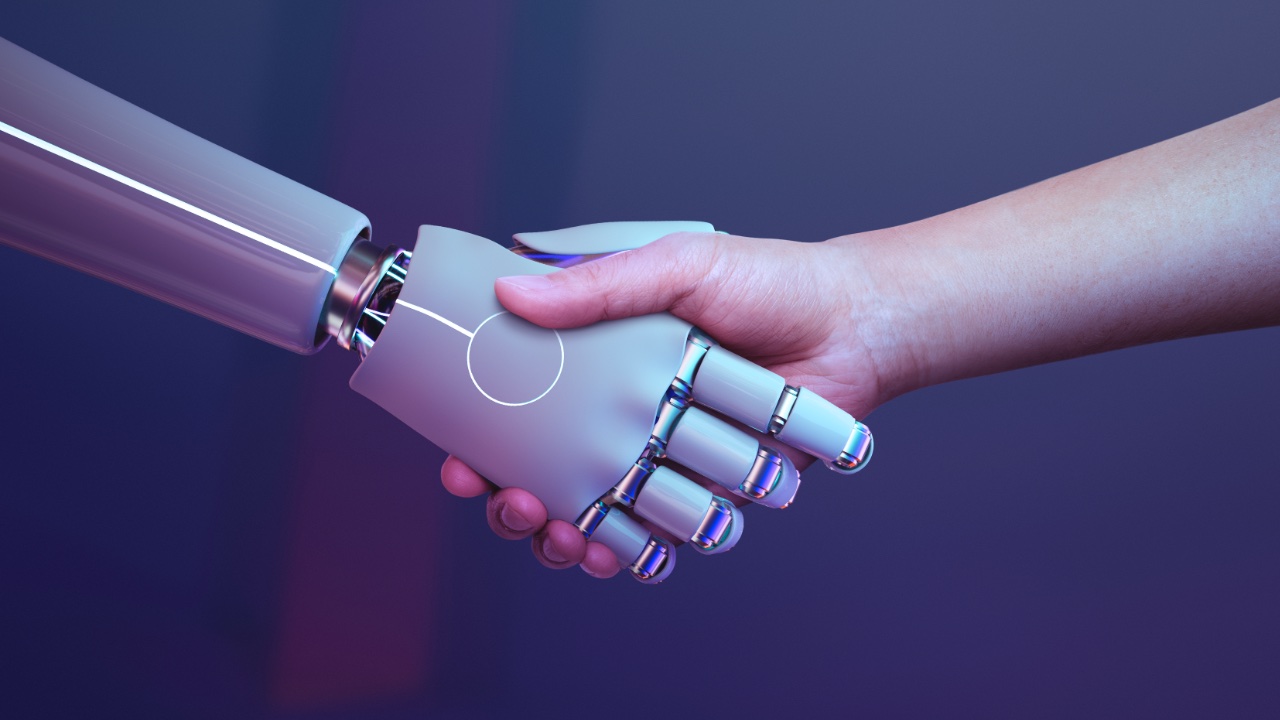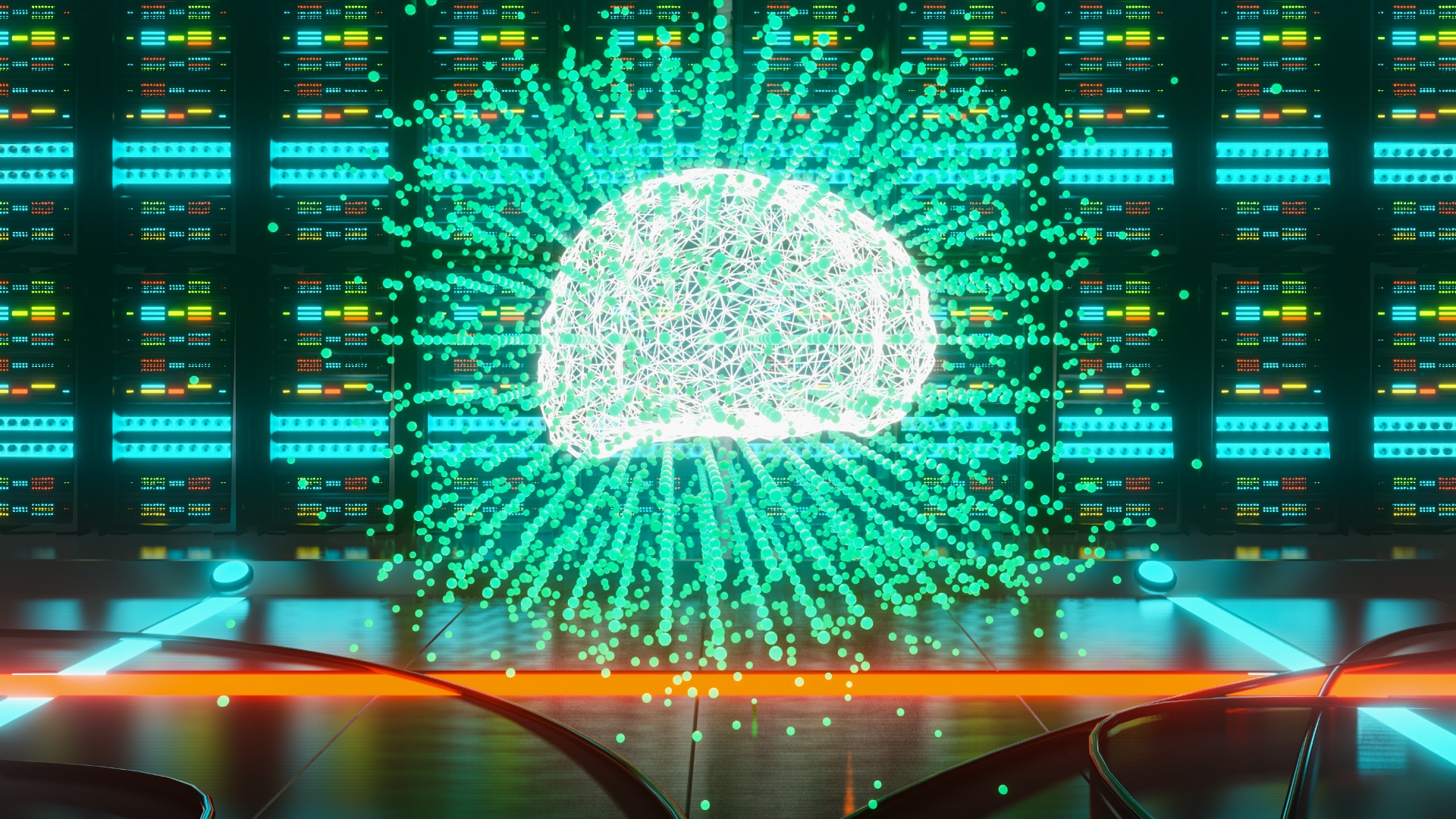Behind the scenes in sales departments, the same question has been floating around for years, sometimes whispered over coffee and sometimes spoken out loud at industry panels: will artificial intelligence eventually take our jobs?
After all, sales, based on the nuances of human relationships, empathy and trust, seemed the last bastion resistant to full automation. Today, however, the narrative is changing. It turns out that AI is not coming to take the place of the sales person. It comes to give it superpowers.
Let’s forget for a moment the vision of soulless bots reciting sales scripts. Instead, let’s imagine a specialist equipped with a technological exoskeleton – a tool that enhances his or her natural talents, takes the daily burdens off their shoulders and allows them to see more, act faster and understand more deeply. This is not science fiction.
This is the new reality of CRM systems, which have evolved from passive databases into intelligent command centres. Companies that have understood this are already seeing their teams become more than just salespeople.
Superpower #1: Seeing the future and a sixth sense for leads
Every experienced salesman has intuition, that hard-to-define ‘sixth sense’ that tells him when to call and which customer is really interested. Artificial intelligence takes this intuition to a whole new level.
By analysing thousands of data points in real time – from interaction history to website behaviour to market trends – modern CRM can pinpoint which leads are the hottest with incredible precision.
No more operating in the dark. Instead of wasting time on ‘cold’ contacts, the trader is given a list of priorities, enriched with suggestions on the best moment and channel of communication.
The result? The sales cycle is shortened and work is focused on those opportunities that have the highest probability of success. This is a fundamental change that transforms reactive selling into proactive relationship building.
Superpower #2: Superhuman efficiency and a shield to protect relationships
The biggest enemy of any salesman is time eaten up by repetitive, administrative tasks. Data entry, updating statuses, reporting – all of these distract them from what is most important: talking to the customer.
AI here becomes a personal assistant that takes on these tedious duties.
This automation is only the beginning, however. Intelligent algorithms also act as a shield to protect a company’s most valuable asset – its loyal customer base. AI-powered CRM systems can monitor the ‘health’ of each relationship.
They analyse communication patterns, service request history and purchase frequency to identify the slightest signals of dissatisfaction. This allows the merchant to intervene before the customer even begins to consider a competitor’s offer.
This ability to be proactive brings tangible benefits. Industry research shows that teams implementing AI in their CRM systems see productivity increases of up to 40% and, just as importantly, a decrease in customer churn of up to 35%.
How much does a superhero outfit cost?
At this point, any CFO would ask the key question, “How much does it all cost?”. Business logic dictates that advanced technology must involve huge investments.
However, data shows that when it comes to AI in CRM, it is one of the most profitable investments in the market. As many as 64% of companies see a return on it within the first year of implementation.
This is not a niche trend, but a powerful structural change, as market forecasts confirm – the value of the global CRM market is expected to grow from more than $73 billion in 2024 to more than $163 billion in 2030. The best proof of the effectiveness of this strategy is provided by the major players.
Microsoft’s use of AI in its service centres saved more than $500 million in one year, plus generated tens of millions in revenue by being able to personalise offers to even the smallest of customers – a task impossible to do on this scale manually.
Man at the centre, technology at the side
The future of sales belongs neither to machines nor to humans acting alone. It belongs to teams where human empathy, creativity and the ability to build authentic connections are enhanced by the analytical power of machines.
AI takes on data processing, pattern recognition and process automation, unlocking human potential.
The salesman of the future will not need to be a data analyst. He or she will be able to fully become an advisor, strategist and partner to his or her customers, with the tools at hand to provide answers before questions are even asked.
The era of the ‘sales assistant’ has just begun. And it looks like it will be the era of true sales superheroes.












